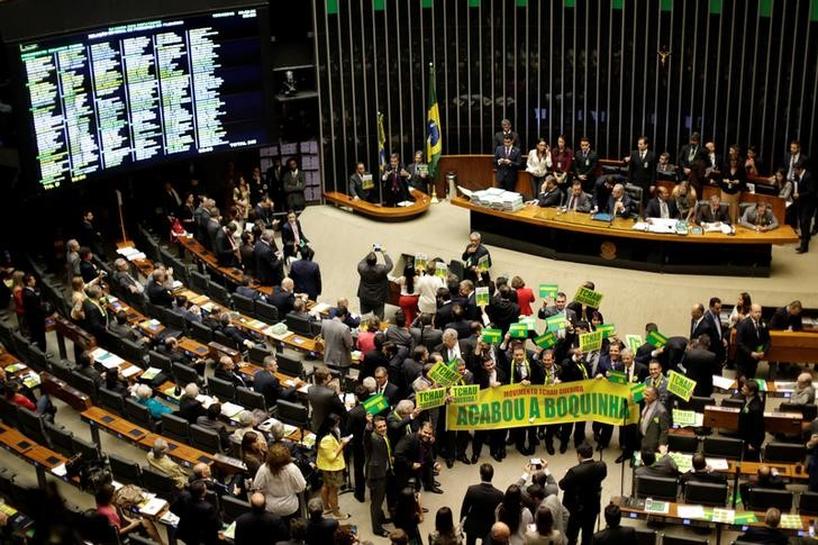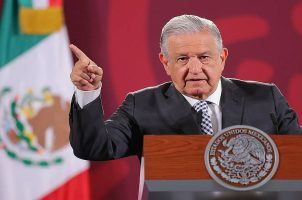Gaming Suppliers Have Good Reason to Support Brazil’s Gambling Legislation
Posted on: March 2, 2022, 06:51h.
Last updated on: March 2, 2022, 12:08h.
As lawmakers in Brazil continue to fight over the legalization of gambling, gaming machine suppliers can help sway opinion. They should, too, as they stand to earn a significant percentage of the industry’s revenue.

The legislation includes a significant cut of the action for gaming machine suppliers. Those offering bingo and casino equipment would receive 40% of the gross gaming revenue (GGR), with the remaining 60% going to the operators.
Brazil began to “fast track” the legalization of gambling almost seven years ago. However, only limited progress has been made. A wide-sweeping gambling bill survived a Chamber of Deputies vote last week, but still faces challenges.
Statistically, slot machines account for 70% of all casino revenue, although this has changed slightly in recent years. Brazilian’s illegal gambling market is worth around $5.27 billion a year, according to some estimates.
It isn’t possible to calculate a precise revenue figure for what Brazil’s legal market will produce. However, there’s obviously a huge potential for easy money. This should be an incentive for suppliers to try to drum up support from legislators in the senate.
Gaming Tax Rate Increases
The bill initially suggested a 17% tax on casinos’ GGR, but it overlooked one detail. As stated, the tax language of the bill prohibits any additional tax or contribution on any level.
The country’s constitution, however, prohibits the federal government from dictating state tax laws and exemptions. This effectively means that casinos and gaming operators will still be responsible for the standard Municipal Tax on Services in Brazil.
The amount varies from state to state but ranges between 2% and 5%. This makes the effective tax rate operators will have to pay on an ongoing basis 19% to 22%, depending on the venue’s location.
Massive Roadblocks Ahead
Even if the bill finds a way through the Senate, Bolsonaro will still be a massive roadblock. He has reiterated for months his anti-gambling stance and continued the rhetoric last week. He again asserted during a recent live broadcast that he will veto the bill if the Senate approves it.
Should that happen, there would be one more chance. The bill would return to the National Congress for a vote to override the president’s unilateral power.
In that case, at least 257 deputies and 41 senators would have to agree to counter his decision. Some 246 deputies approved the bill last month, which doesn’t leave a big margin.
The Senate should begin reviewing the legislation sometime this week.
Money Laundering, Drug Concerns
Assuming the bill can find support in the Senate, which isn’t likely, it would still need approval by President Jair Bolsonaro. That approval is almost definitely not in the future.
Several deputies voted against the bill. But the Senate has a higher number of voices opposing its approval. One of the most outspoken is Senator Carlos Viana. He likes to point out that large international casinos are breeding grounds for money laundering and drug trafficking.
However, Viana neglects to mention that money laundering and corruption happen in virtually every industry, including legalized banking. In 2019, Brazil’s Banco Itaú received a $662-million fine from São Paolo’s government for tax evasion. The following year, it received a $9.6-million fine due to money laundering allegations.
If an activity’s legal status were based solely on the possible presence of money laundering, virtually all activity would be illegal.
Related News Articles
Puerto Rico Gambling Legislation Advances, Seeks Revenue to Fill Fiscal Hole
Brazil Approves Revised Sports Betting Bill
Mexico Bans Slot Machines in Casinos, Gambling Houses Across the Country
Most Popular
Mirage Las Vegas Demolition to Start Next Week, Atrium a Goner
Where All the Mirage Relics Will Go
Most Commented
-
Bally’s Facing Five Months of Daily Demolition for Chicago Casino
— June 18, 2024 — 12 Comments
















No comments yet